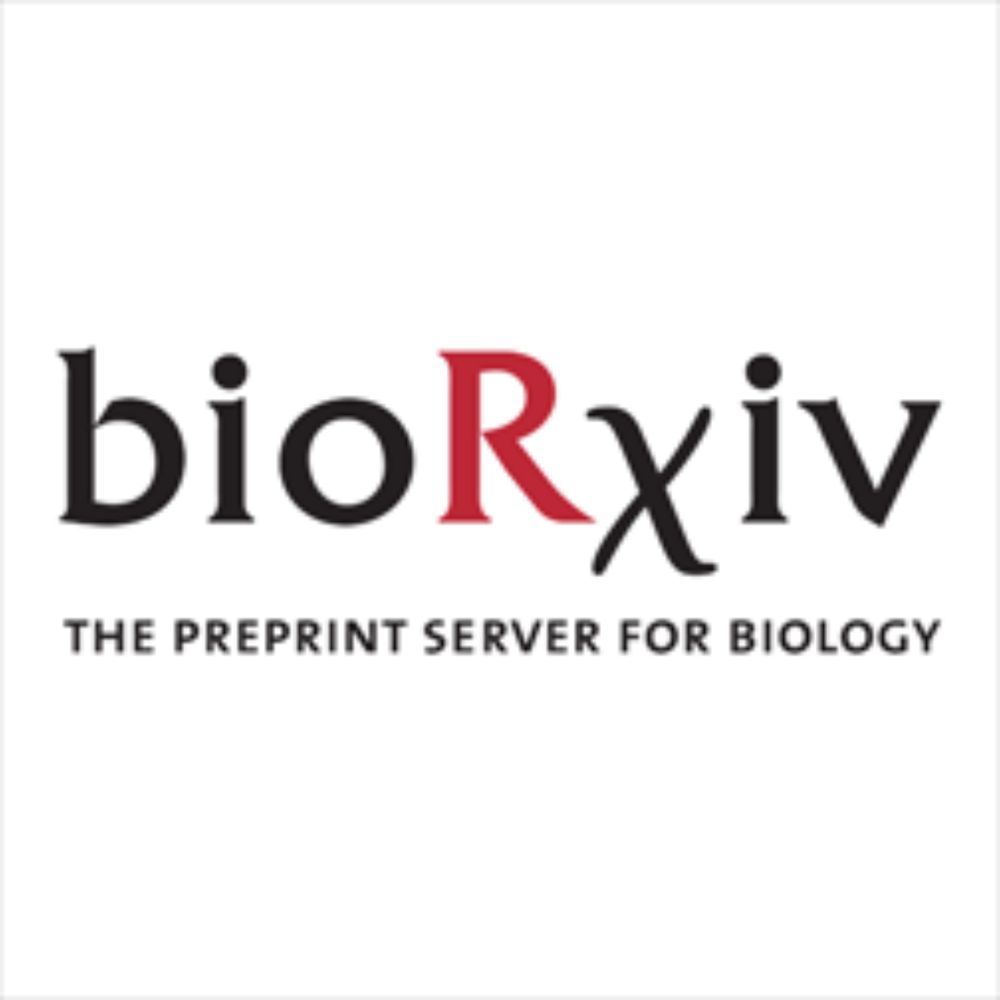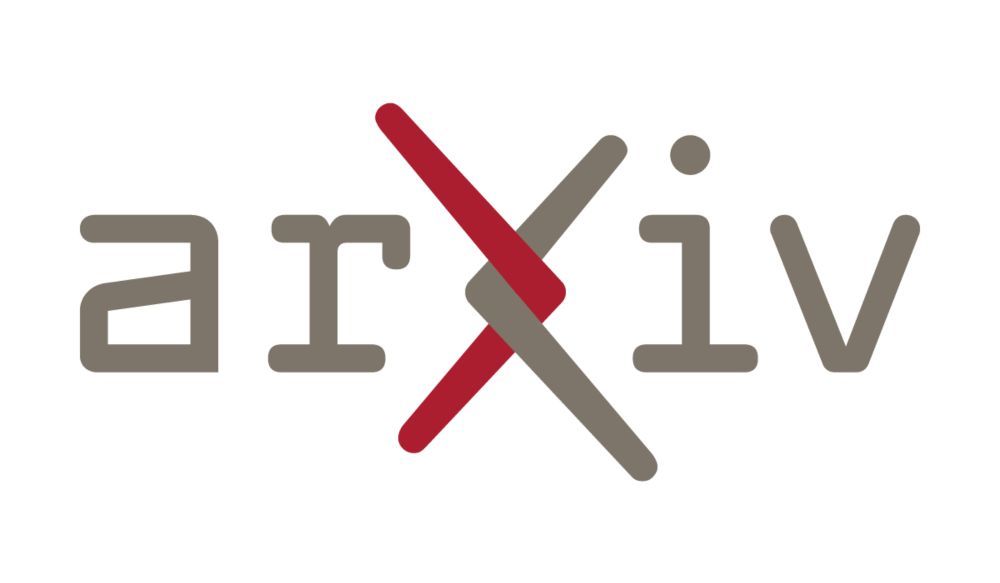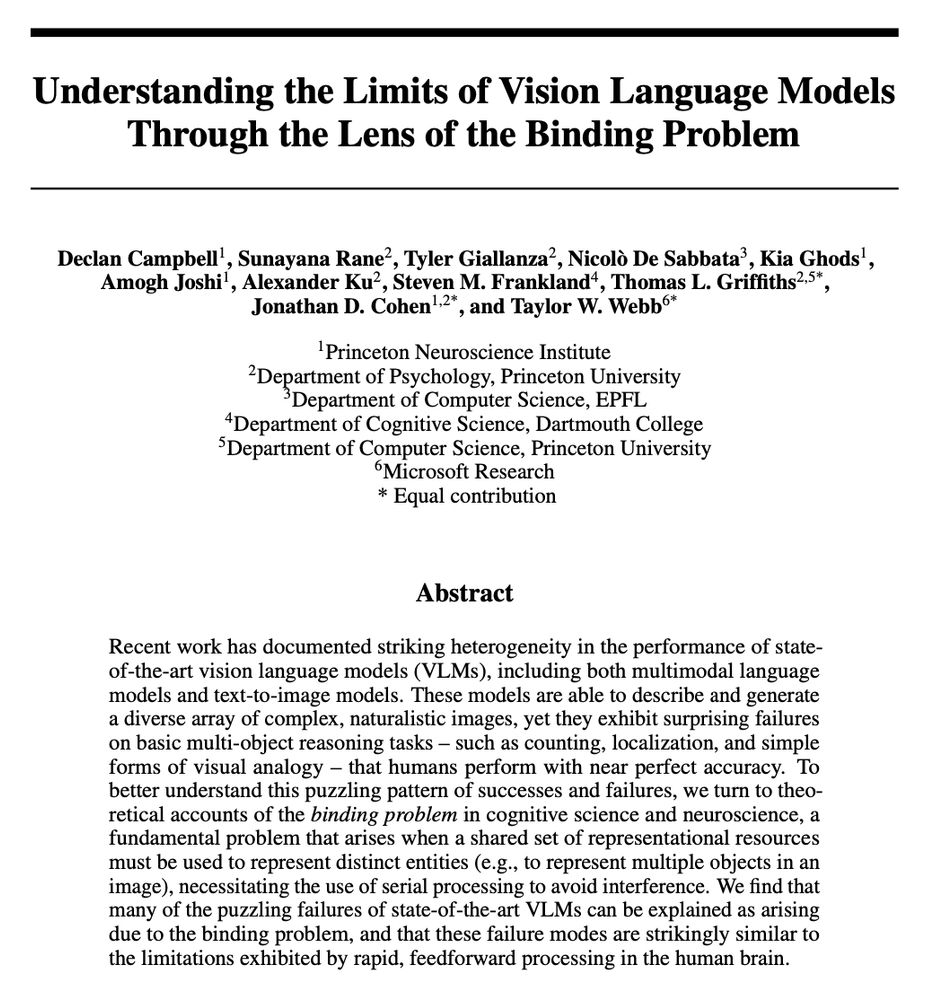
In our new work, we explore this via representational straightening. We found LLMs are like a Swiss Army knife: they select different computational mechanisms reflected in different representational structures. 1/

In our new work, we explore this via representational straightening. We found LLMs are like a Swiss Army knife: they select different computational mechanisms reflected in different representational structures. 1/
w/ @fepdelia.bsky.social, @hopekean.bsky.social, @lampinen.bsky.social, and @evfedorenko.bsky.social
Link: www.pnas.org/doi/10.1073/... (1/6)
w/ @fepdelia.bsky.social, @hopekean.bsky.social, @lampinen.bsky.social, and @evfedorenko.bsky.social
Link: www.pnas.org/doi/10.1073/... (1/6)
Work with @summerfieldlab.bsky.social, @tsonj.bsky.social, Lukas Braun and Jan Grohn
www.nature.com/articles/s41...
Work with @summerfieldlab.bsky.social, @tsonj.bsky.social, Lukas Braun and Jan Grohn
www.nature.com/articles/s41...





